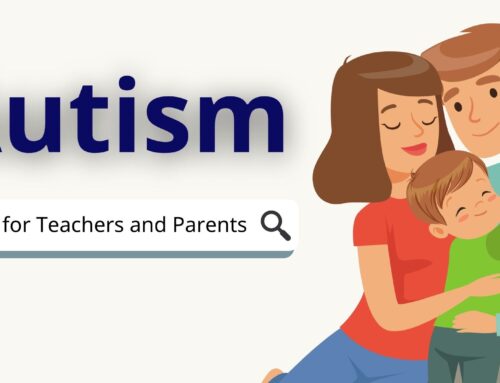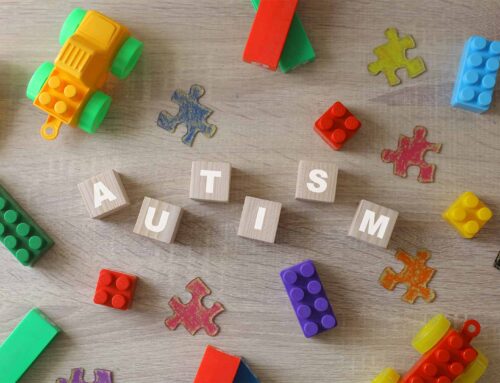Hearing impediment, also known as hearing loss, is a spectrum of conditions that affect a person’s ability to detect or process sound. It can range from mild, where quiet sounds are difficult to hear, to profound, where all sound perception is lost. Hearing impediment can significantly impact an individual’s daily life, affecting communication, social interaction, and overall well-being.
Causes of Hearing Impediment
There are various factors that can contribute to hearing loss. Some of the most common causes include:
-
Age-related hearing loss (presbycusis): This is the most common type of hearing loss, typically affecting people over 60 years old. It occurs due to the degeneration of hair cells in the inner ear responsible for converting sound waves into electrical signals.
-
Noise-induced hearing loss: Exposure to loud noises over a prolonged period can damage the hair cells in the inner ear and cause hearing loss. This is a prevalent concern for individuals working in noisy environments or those who regularly listen to loud music.
-
Genetic factors: Certain genetic conditions can predispose individuals to hearing loss. These conditions can affect the development or function of the inner ear structures.
-
Ear infections: Chronic middle ear infections, particularly in children, can cause temporary or permanent hearing loss if left untreated.
-
Head trauma: Injuries to the head, including skull fractures, can damage the inner ear and lead to hearing loss.
-
Ototoxic medications: Some medications, such as certain antibiotics and chemotherapy drugs, can have ototoxic side effects, damaging the inner ear and causing hearing loss.
Effects of Hearing Impediment
The severity of hearing loss determines the impact on an individual’s life. Some of the common effects include:
-
Difficulty understanding speech: This is a significant challenge, especially in noisy environments or when multiple people are speaking simultaneously.
-
Social isolation: Difficulty following conversations can lead to social withdrawal and feelings of loneliness.
-
Work-related difficulties: Hearing loss can hinder performance in work settings that require clear communication or situational awareness.
-
Tinnitus: Ringing or buzzing sounds in the ears, which can be a bothersome symptom associated with hearing loss.
-
Cognitive decline: Studies suggest a link between untreated hearing loss and cognitive decline, including dementia, in older adults.
Living with Hearing Impediment: Solutions and Support
Fortunately, there are various solutions available to assist individuals with hearing loss:
-
Hearing aids: These electronic devices amplify sound, making it easier for people with hearing loss to understand speech and other sounds.
-
Cochlear implants: These surgically implanted devices can provide a sense of hearing for individuals with severe to profound hearing loss. They bypass the damaged hair cells and directly stimulate the auditory nerve.
-
Assistive listening devices: These devices help improve sound clarity in specific situations, such as watching television or attending lectures.
-
Communication strategies: Techniques like facing the speaker, using clear enunciation, and minimizing background noise can significantly enhance communication for the hearing impaired.
Support groups and resources can also be invaluable for individuals navigating hearing loss. Connecting with others who share similar experiences can provide emotional support and valuable information.
Conclusion
Hearing impediment is a prevalent condition that can have a significant impact on quality of life. However, with various solutions and support systems available, individuals with hearing loss can still lead fulfilling and engaged lives. Early diagnosis and appropriate intervention are crucial for managing hearing loss effectively.





Leave A Comment